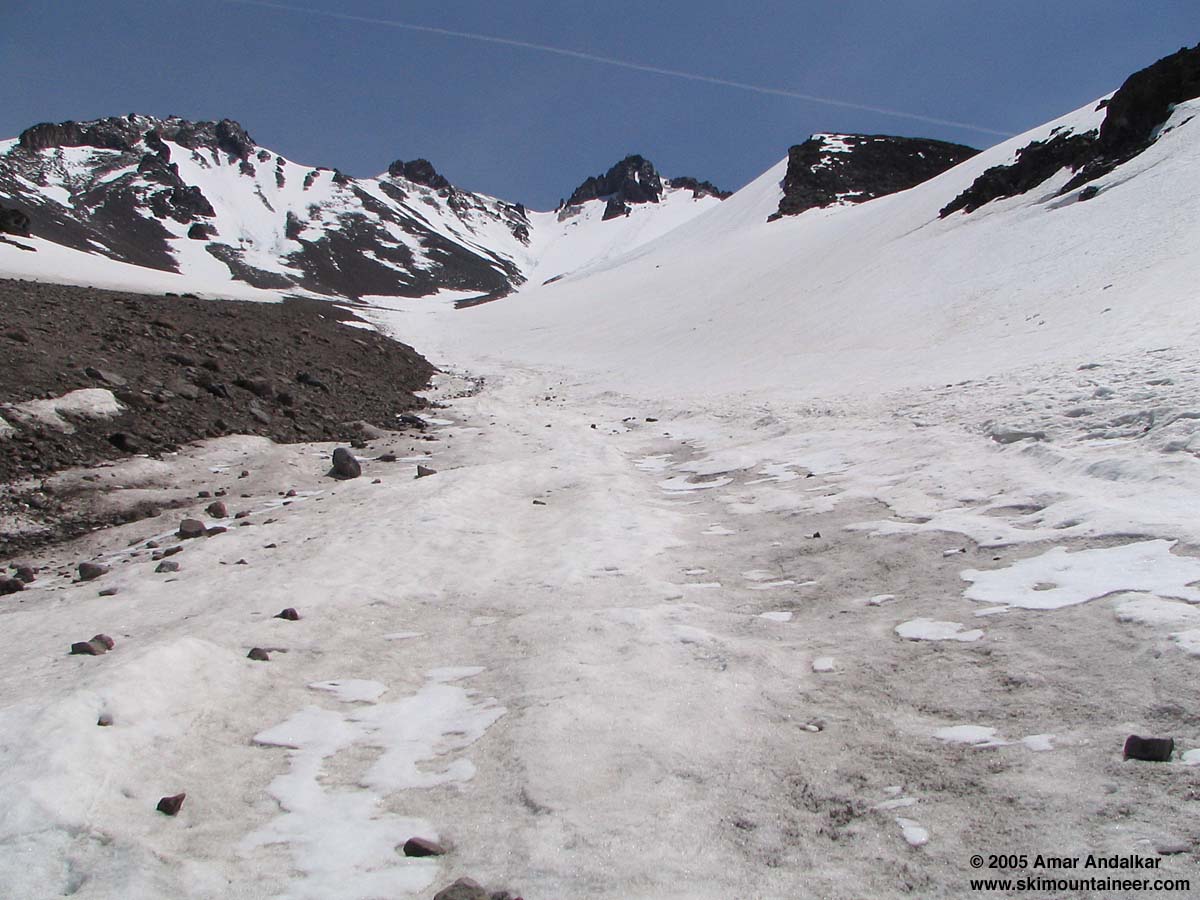 The NY Times reporting that Google and Utilities are collaborating to test plug-in hybrids that get unbelievable mileage and give back electricity to the grid:
The NY Times reporting that Google and Utilities are collaborating to test plug-in hybrids that get unbelievable mileage and give back electricity to the grid:The companies displayed on Monday six Toyota Prius and Ford Escape hybrid vehicles modified to run partly on electricity from the power grid, allowing the vehicles to go up to 75 miles on a gallon of gas, nearly double the number of miles of a regular hybrid. They also modified one vehicle to give electricity back to the power company.
The highly unusual test takes the hybrid, which is now familiar on American roads, a step further by using extra batteries to hold energy made and distributed by a power company. The technology is eagerly awaited by energy experts and environmentalists, but is not yet ready to go commercial because the additional batteries are not yet durable enough.
I can't wait to get my hands on one of these. I'm even looking into conversions myself - to take a Toyota Highlander to the next level of plug-in hybrid and get 40-50 mpg+.
Ideally, sooner than later, I'll have a solar house and a plug-in hybrid so I can do all my local driving on the power of the sun. (and more ideally, as I've mentioned my desire for previously, a plug-in hybrid diesel that I can run on recycled veg oil). And then gas prices - what will those be..?



